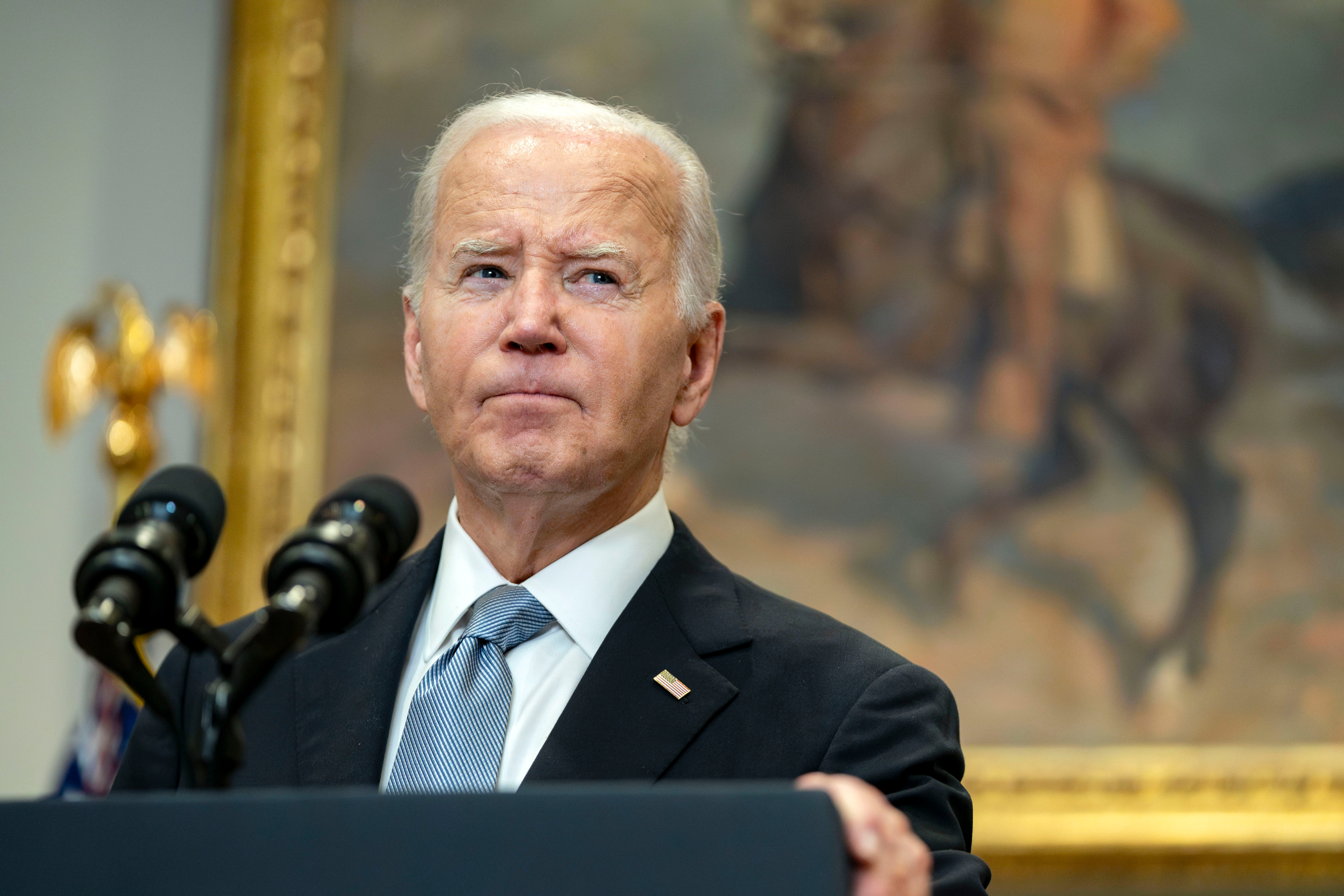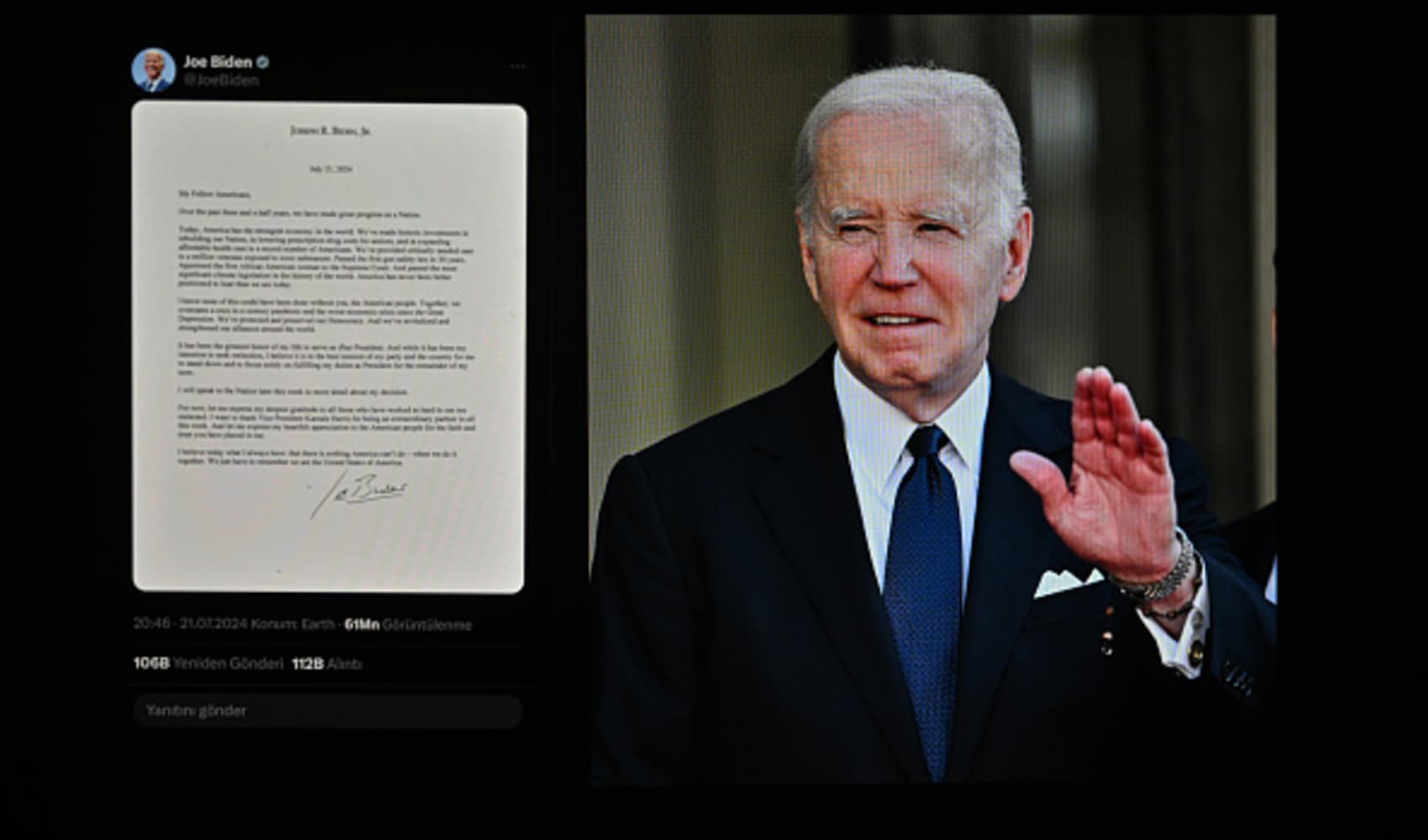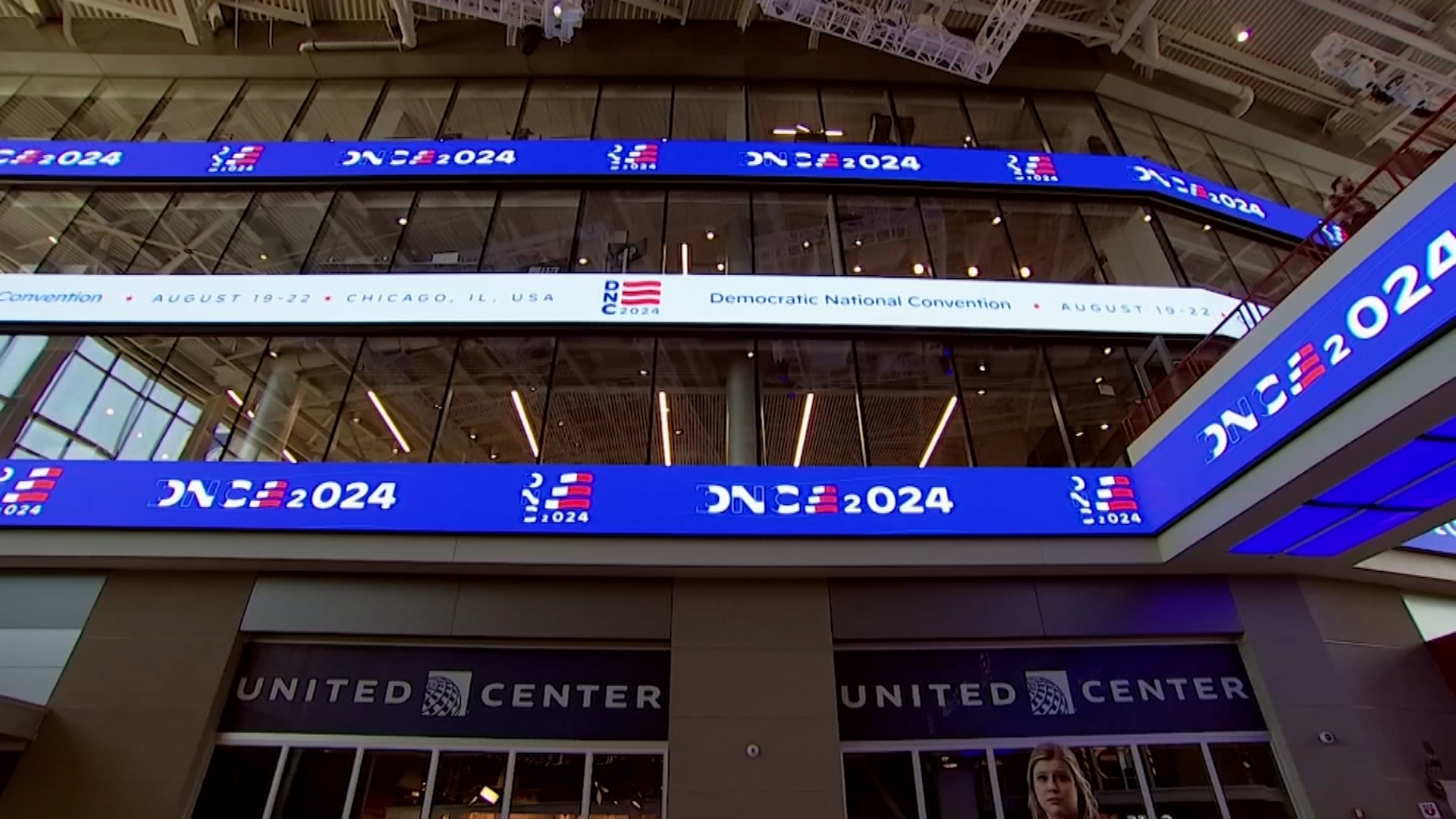After President Joe Biden stepped down from the 2024 presidential race and endorsed Vice President Kamala Harris as his replacement, what still has to happen for a new candidate to make it on the ballot?
Biden's endorsement, while noteworthy, does not mean Harris will replace him on the ticket. Much will need to happen first, and the rare situation facing the Democratic Party will face many questions in the lead-up to November.
Chicago will play a pivotal role as those questions get answered.
Here's what happens next:
What would happen next if Biden drops out?
Biden’s decision to endorse Harris is not a binding one, as Democratic Party rules don’t allow him to simply select a successor in the role as nominee when delegates gather in Chicago.
According to NBC News, Democratic Party rules do outline what would happen since Biden stepped aside before he was formally nominated.
"Note that if this unprecedented situation were to happen, it’s possible the party could vote to change any of the rules around candidate replacement. And if it comes to pass after the convention, it’s possible state laws could complicate efforts to replace Biden on specific ballots," NBC News reported.
According to reports, 33 states abide by party rules by default when changing nominees, but that still could pose some legal challenges for the Democrats as they put together a new ticket.
House Speaker Mike Johnson has hinted that legal challenges could be brought in at least some of those states, according to Politico.
Feeling out of the loop? We'll catch you up on the Chicago news you need to know. Sign up for the weekly> Chicago Catch-Up newsletter.
Biden dropping out before he was set to be formally nominated in August could also create a free-for-all among Democrats since there is no mechanism for him or anyone else to anoint a chosen successor.
It takes a majority of the roughly 4,000 pledged delegates to win the party’s nomination. Biden’s won 3,900 of them, but he'll need to release them in order for a replacement nominee to be named.
"Number one is President Biden would have to release his delegates. They are bound on the first ballot no matter what, and that’s almost all 4,000 of the delegates are Biden delegates - they are pledged on the first ballot. The only way that works is if the Rules Committee, which the Biden campaign controls, or the president himself, frees those delegates up," Pete Giangreco, a Democratic strategist, told NBC Chicago.
After that, potential nominees will need to begin gathering signatures to be eligible for a vote from their fellow Democrats.
"The next step in the process then is anyone who wants to put their name in, they need signatures from 300 of those delegates, among those 4,000, and then you begin a process. The most likely person to get 300 signatures would be VP Harris," Giangreco.
Under recent reforms, the party’s more than 700 superdelegates — Democratic lawmakers and dignitaries — are allowed to vote only if no one wins a majority of pledged delegates on the first ballot, so their votes could be crucial in a contested convention.
Since Biden's opponents all won effectively no delegates throughout the Democratic nominating process, there'd be a virtual clean slate heading into the convention, and the decision would likely come down to the convention delegates who were initially pledged to Biden.
Biden still has some influence over his pledged delegates, but ultimately, they can vote as they please so candidates would likely campaign aggressively to win over each individual delegate.
Once a candidate secures a majority of the delegate votes, they will be the party's nominee.
What about the vice presidential nominee?
The process is the same for the vice-presidential spot on the ticket.
A majority of delegates will have to agree on a candidate.
It’s unclear whether Democrats have already planned out a nominee should Harris end up heading the ticket, but many high-profile officials could be in the mix.
Who could replace Biden?
Biden - as expected - threw his endorsement behind Harris, writing on social media, "...Democrats — it’s time to come together and beat Trump. Let’s do this."
Among the potential candidates, the former U.S. Senator from California was considered best positioned to replace him, but she'll have some competition.
Harris would have a head start over several of the most discussed Democratic alternatives. She's already been on a winning presidential ticket with Biden, has years of goodwill banked with core party constituencies and would likely control a huge campaign fund amassed by the Biden reelection.
A number of delegates have already suggested they'd be loyal to Harris.
“Harris makes the most sense to carry on the Biden legacy,” said Andrew Feldman, a Democratic strategist who works closely with various state parties.
A recent poll, conducted prior to Biden's announcement, from the AP-NORC Center for Public Affairs Research found that about 6 in 10 Democrats believe Kamala Harris would do a good job in the top slot. About 2 in 10 Democrats don't believe she would, and another 2 in 10 say they don't know enough to say.
Alvin Tillery, director of the Center for the Study of Diversity and Democracy at Northwestern University and a Democratic pollster, previously said Harris is the only candidate with the name recognition required to compete against Trump.
"[Of the] five other successor candidates, only one has the name recognition to win nationally: Kamala Harris," Tillery told NBC Chicago.
Other names that could see a spot on the ticket, either in a presidential or vice presidential role include: Kentucky Gov. Andy Beshear, California Gov. Gavin Newsom, Illinois Gov. J.B. Pritzker, Michigan Gov. Gretchen Whitmer, Arizona Sen. Mark Kelly and Transportation Secretary Pete Buttigieg, to name a few.





